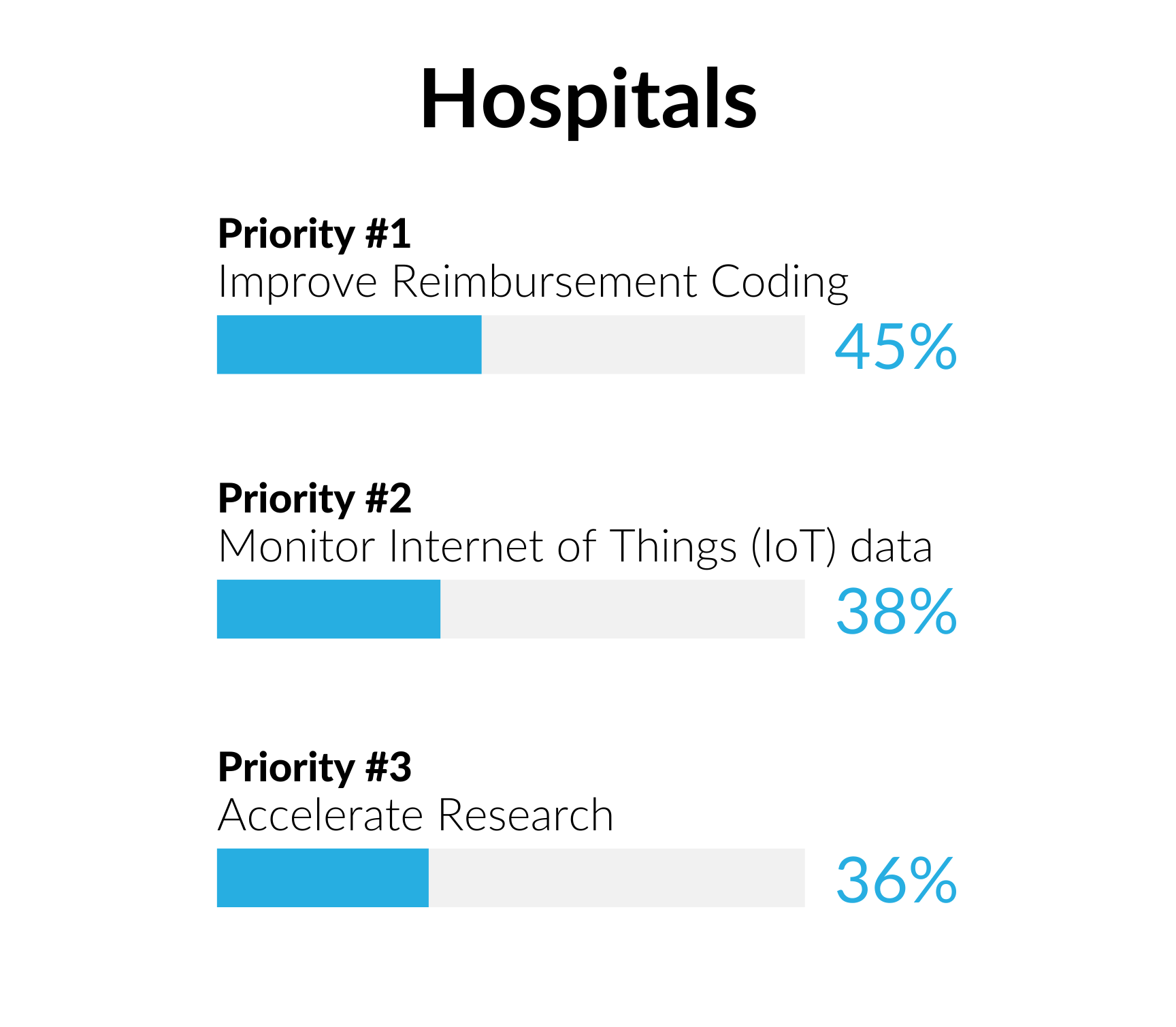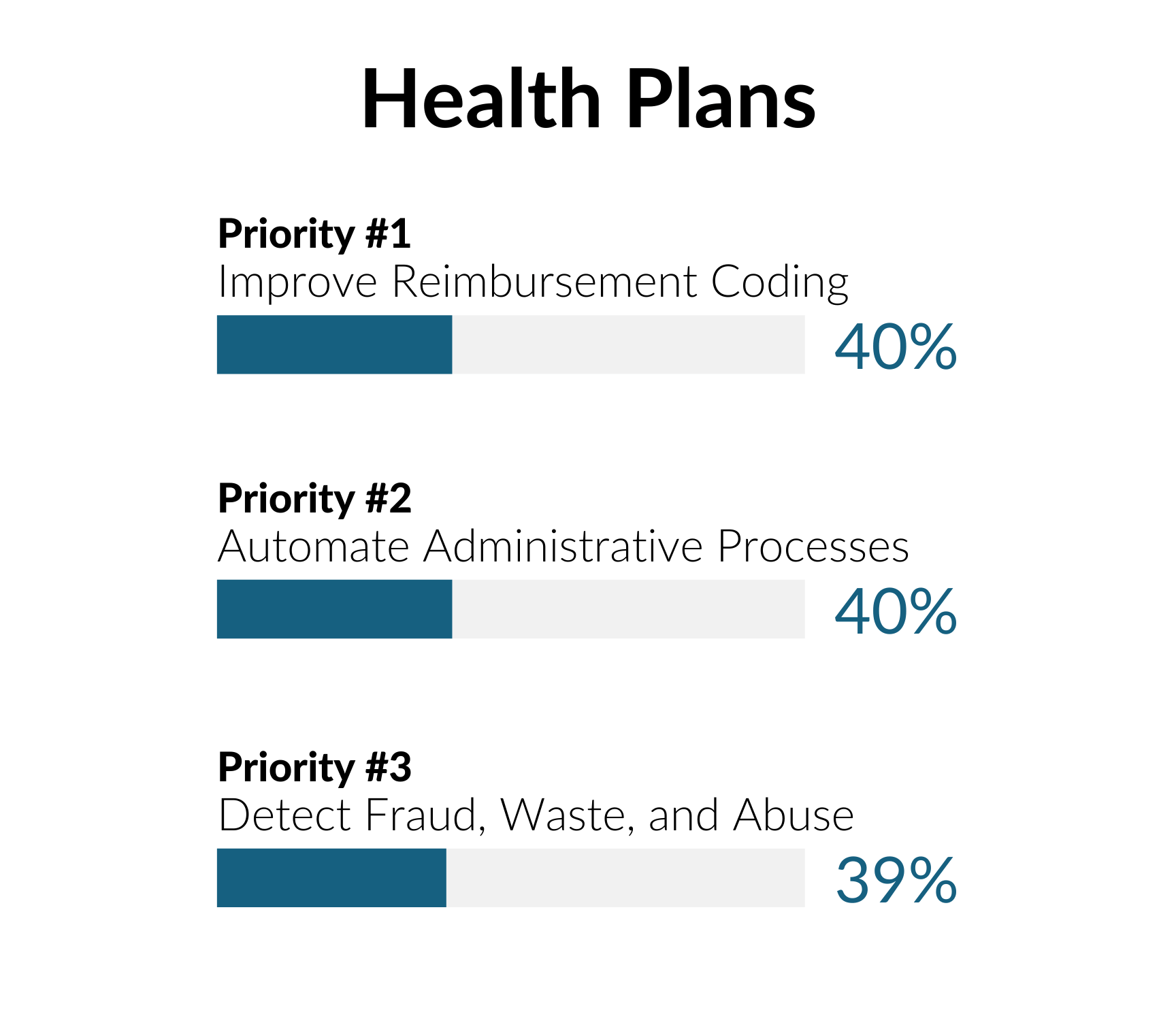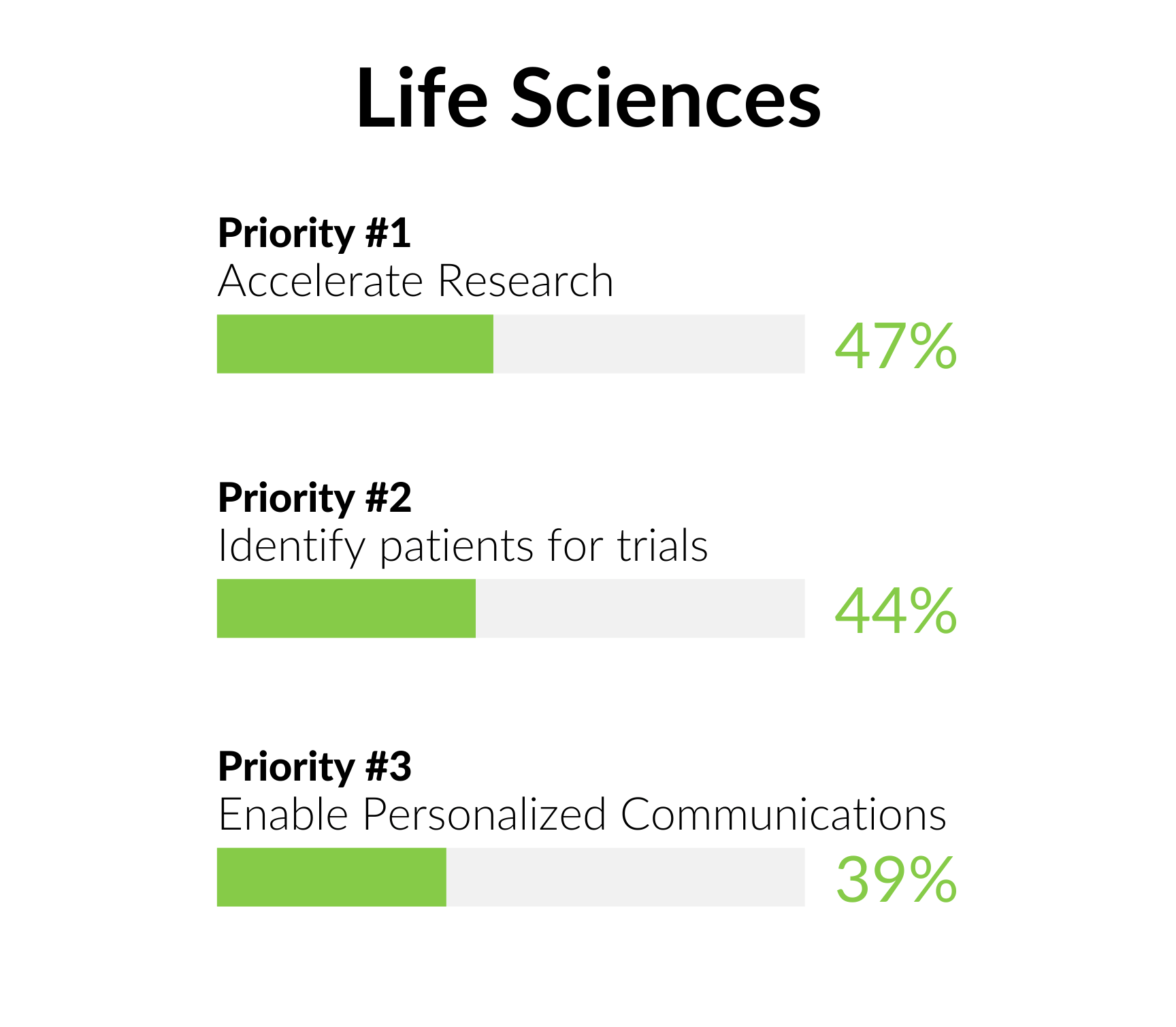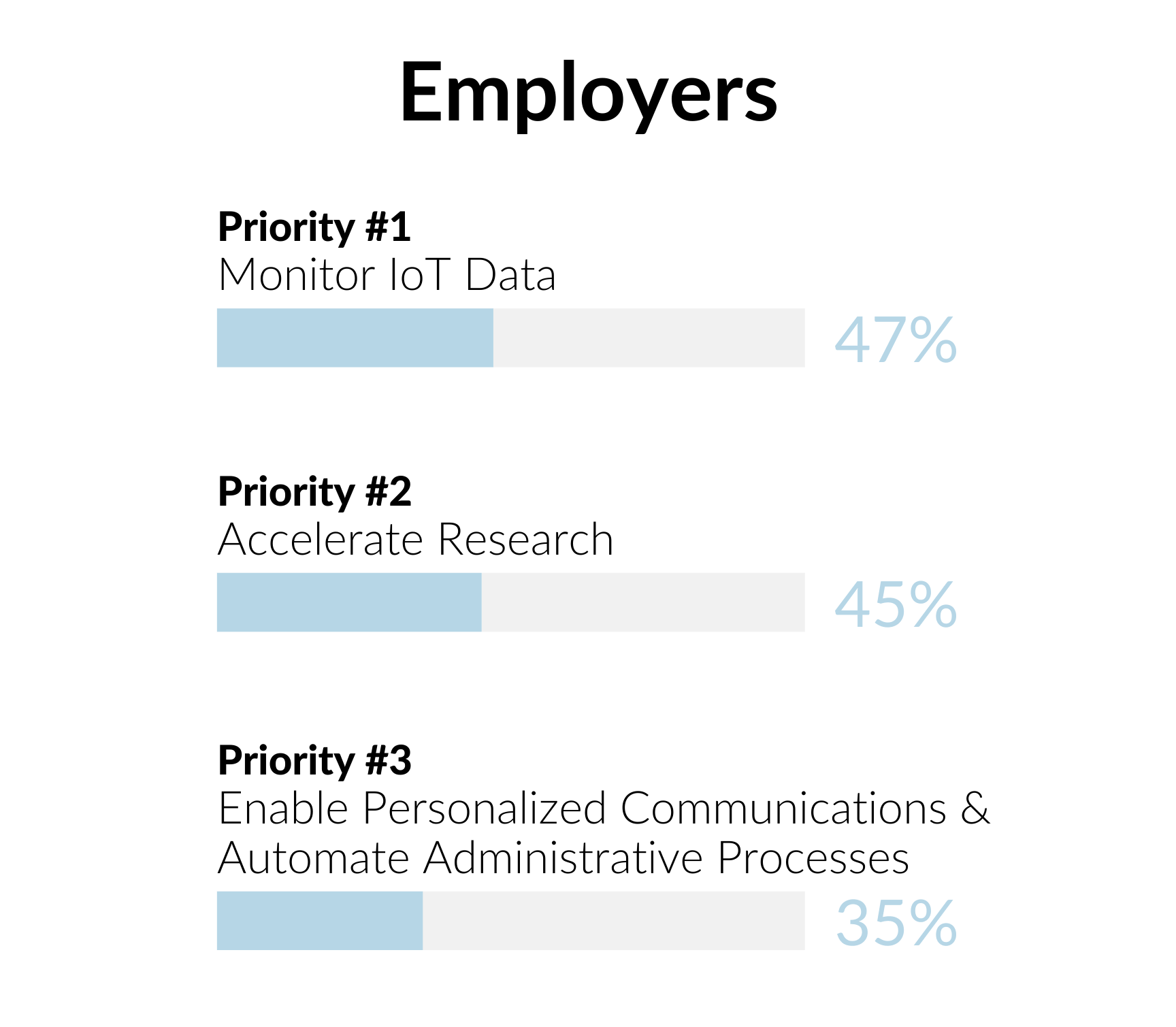Our data was already growing at an unprecedented rate before the COVID-19 pandemic. The virus and global response have put that into overdrive.
Rapid adoption of digital solutions, surges in remote interaction with businesses and services, increased consumption of online content, and more have all contributed to larger and richer datasets.
Venture Beat recently released their 2020 Data and AI Landscape, outlining the stark changes the pandemic has had on data and businesses.
“Many economic factors are at play, but ultimately financial markets are rewarding an increasingly clear reality long in the making: To succeed, every modern company will need to be not just a software company but also a data company.”
2020 Data and AI Landscape
COVID-19 has forced businesses across all sectors to become digitally enabled and adapt to changing demands. But what does this mean for businesses?
The Digital Front Door Creates Expedited Need for Agility
Agile development has been the bread and butter of the software industry for years. But in other sectors, the sudden requirement for digital solutions and urgency to deliver them is a necessary hurdle they must overcome.
For industries like healthcare, digital adoption is not only necessary for maintaining business, it has been a critical shift to provide essential services during the pandemic.
“The current pandemic overwhelmed health systems and exposed limitations in delivering care and reducing healthcare costs. The period from March 2020 saw an unprecedented shift to virtual health, fueled by necessity and regulatory flexibility.” – Deloitte, Smart Use of Artificial Intelligence in Healthcare
That does not appear to be changing. New healthcare interoperability requirements put healthcare data in the hands of the patient. This increased access to data has led to healthcare consumerism and increased expectations for digital healthcare solutions.
The digital front door is open, and stakeholders across the healthcare industry need to adapt.
Looking for an agile development partner?
Healthcare Organizations Look to AI
According to Gartner, organizations are looking to AI and machine learning to realign business practices to new demand patterns.
These tools will prove critical in understanding and addressing rapid changes in consumer behavior, “particularly now,” Gartner says, “when pre-COVID models based on historical data may no longer be valid.”
In healthcare specifically, a shift to AI has been a long time coming. In late 2019, Deloitte conducted their “State of AI” survey. Even then, before the pandemic, 3 in 4 healthcare organizations planned to increase AI funding in 2020.
These numbers have only grown. According to Optum’s Survey on Artificial Intelligence (AI) in healthcare, 83% of healthcare organizations already have an AI strategy in place, and most others (15%) plan to create one.

Furthermore, in response to the pandemic, 56% of healthcare organizations are accelerating their AI deployment timelines.

In response to their survey, Deloitte’s experts say, “Enterprises that lean into adoption are likely to gain immediate returns through cost reduction and gain competitive advantage over the longer term as they use AI to transform their products and services to better engage with consumers.”
Ready to leverage AI but not sure how to get started? Learn more about our AI Consulting Service.
How Healthcare is Using or Planning to Use AI
How exactly healthcare organizations plan to roll out and leverage AI varies by sector. Research from Optum shows the following sector priorities:
 |  |
 |  |
However, across all sectors — one trend is clear, there seems to be a growing sense of confidence in AI’s ability to deliver value to healthcare organizations.
One important use case is leveraging AI and predictive modeling to determine future health needs. Organizations are combining social determinants of health (SDOH) data with traditional information sources like electronic medical records and claims forms to create rich and diverse datasets for predictive analytics.
The pandemic is a realtime case study in how the industry can leverage this information. COVID-19 clinical trials as well as public health experts are using a dynamic database of information to explore treatment and management possibilities.
According to experts at Gartner, “data and analytics combined with artificial intelligence (AI) technologies will be paramount in the effort to predict, prepare and respond in a proactive and accelerated manner to a global crisis and its aftermath.”
Talk to one of our experts to find out how your organization can leverage AI solutions.
